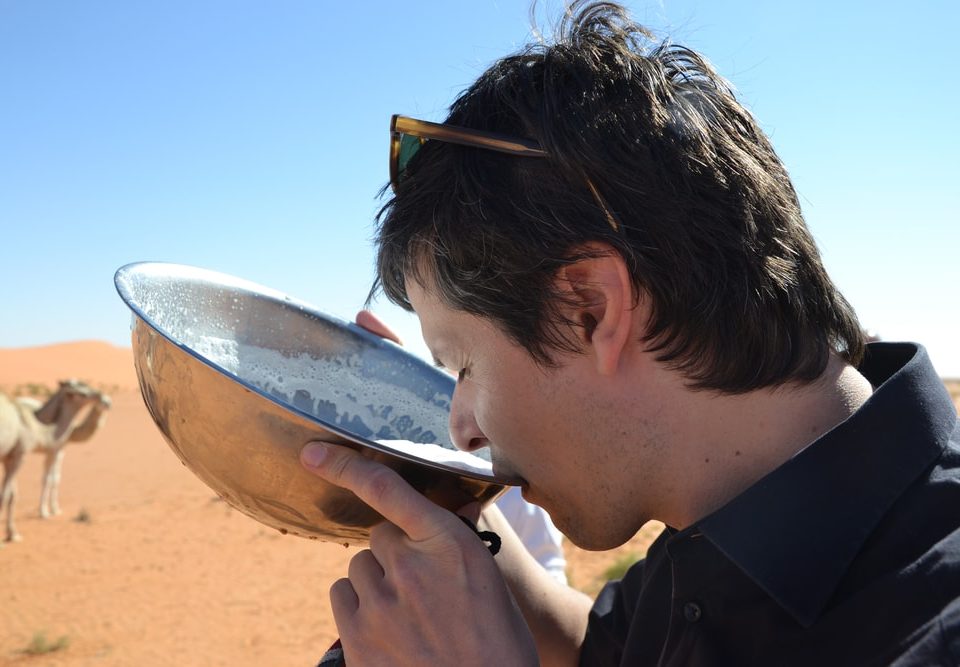Berry Punnets From Timber Offcuts. Waste Free ‘Circularity’

The Australian Camel Milk Industry To Meet Global Demand?
July 17, 2018Albury Wodonga Food Share Fundraiser – September 20
September 1, 2019Not easy, getting rid of plastic packaging for fruit and veg, or meat! Allen Short is doing his bit in making more than 3,000 punnets from timber offcuts for his neighbour who grows strawberries near Daylesford in Victoria.
Plastic Is A Cheap Material, BUT…
Alan approached the Timber Veneer Association for scraps that were going to landfill and now these scraps are set aside at no cost and Alan weaves the timber into punnets.
Alan says farmers use plastic because it’s cheap, but:
“It’s a no-brainer really. Timber is a better material that’s reusable…
We’re not going to change the industry but we’re going to do our little bit. And I can’t help but think that taking someone else’s waste product and turning it into a useful thing is a good thing.”
Does The Market Want Sustainable Packaging?
Farmers can’t be expected to pick up the higher costs of sustainable packaging and scaling up Alan’s effort for the industry at large would not be easy.
More people need to ‘get on board’ with sustainable packaging, for the market to recognise innovation and say ‘Yes please!’
Plastic Free Aisles In Supermarkets…Full Cycle Bioplastics?
In the UK, Sian Sutherland, co-founder of A Plastic Planet which aims to have a plastic-free aisle in all supermarkets, tells of a startup producing ‘full cycle bioplastics’:
“Full Cycle PHA (Polyhydroxyalkanoate) is produced naturally by bacteria using mixed organic waste as raw material. It can replace a wide range of synthetic plastics, yet it is compostable and marine degradable once its useful life is over.
It is also cost-competitive with fossil-fuel based alternatives, creating the potential for widespread adoption and scale in both developed and emerging markets.
The Full Cycle solution mitigates greenhouse gas emissions, reduces plastic pollution and toxicity effects on land and in the ocean, and sustainably moves the economy towards Circularity. Change the world with us!”
NB Polyhydroxyalkanoates are a class of natural (not synthetic) polyesters that are derived from bacterial fermentation. Basically, microorganisms synthesize polyesters in nutrient-deficient conditions, and these PHAs can then be harvested.
It’s up to us, the market, and the rise of localism!

